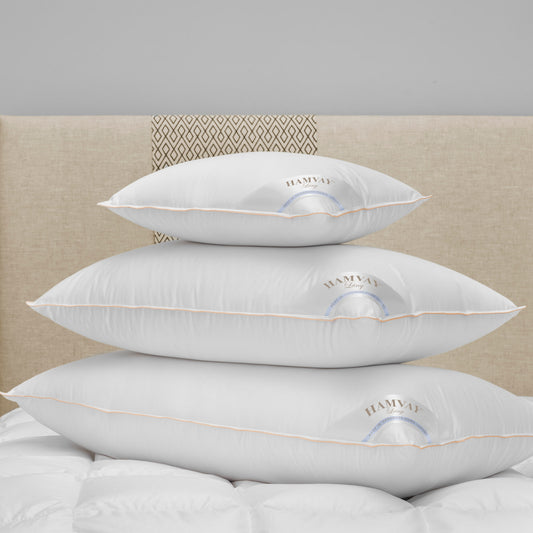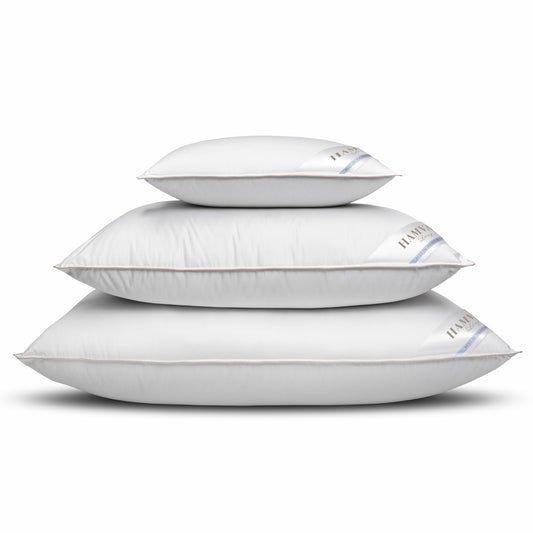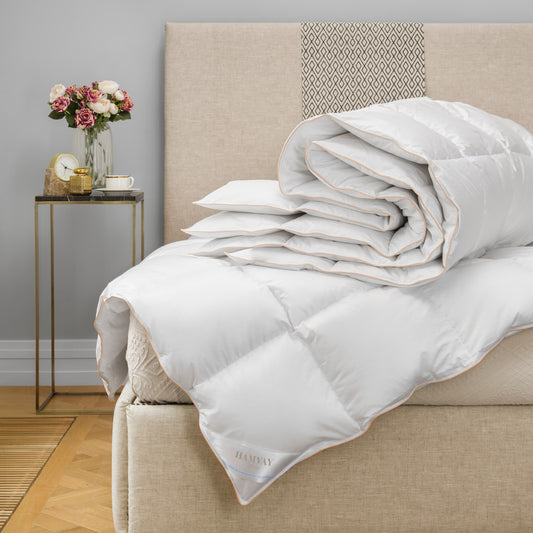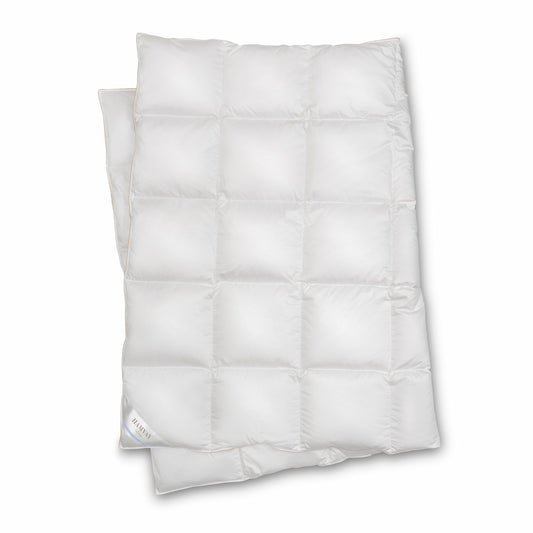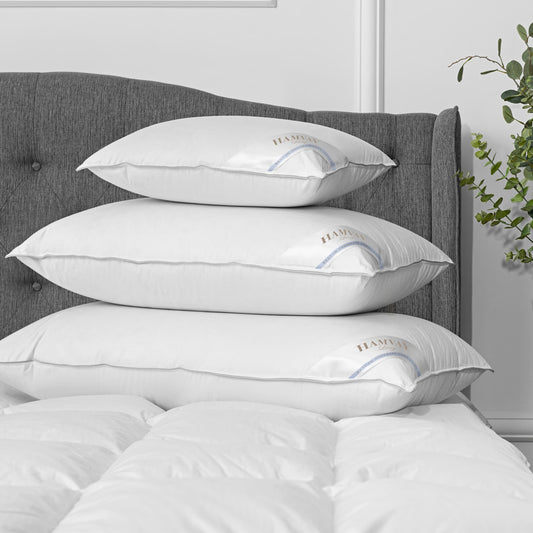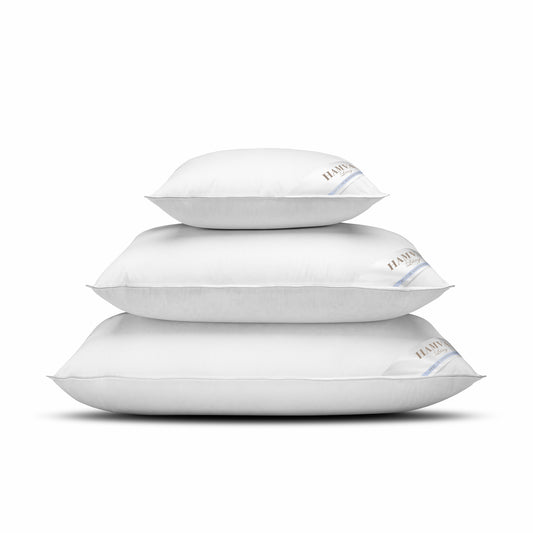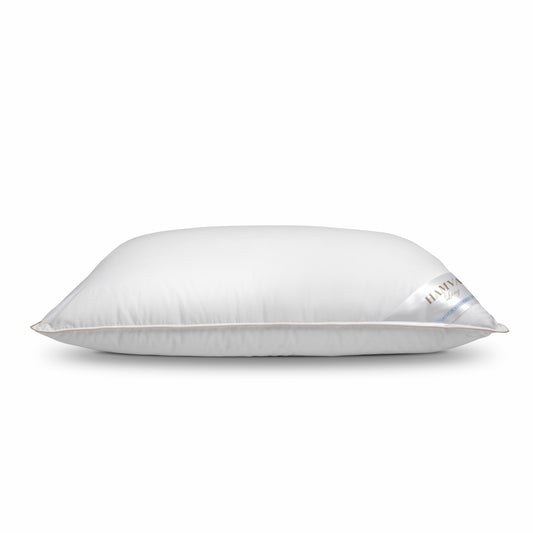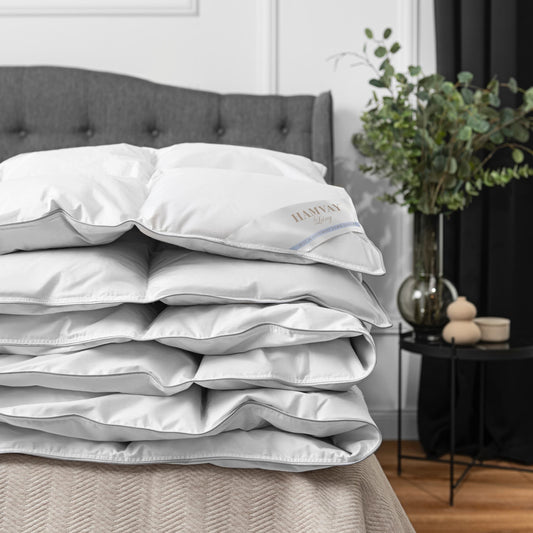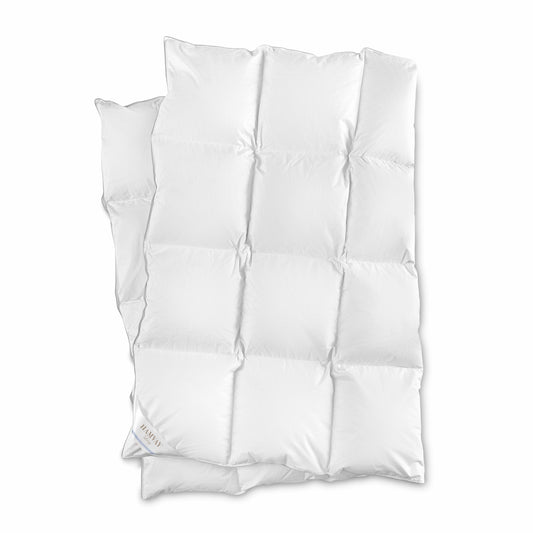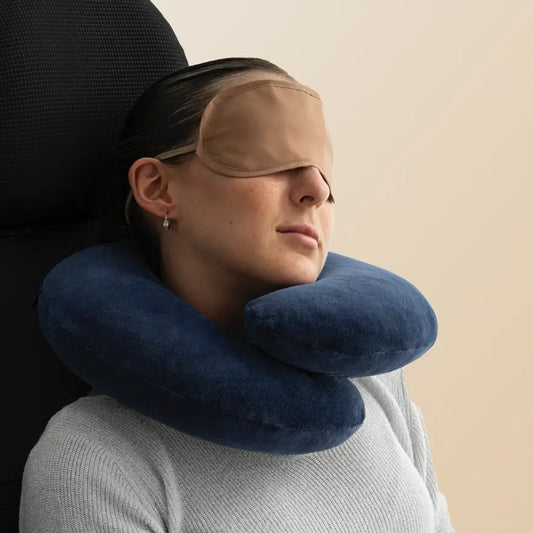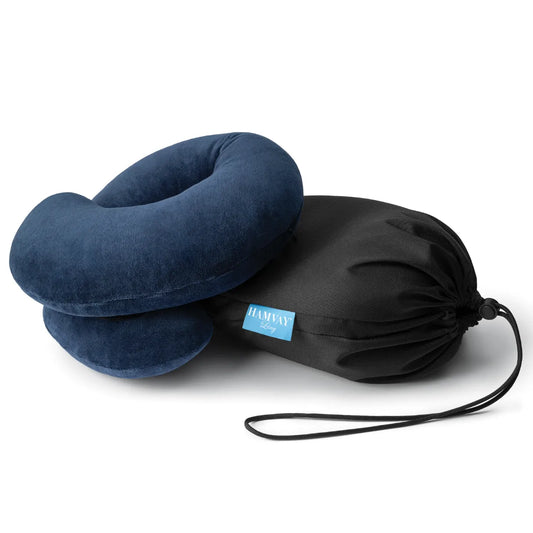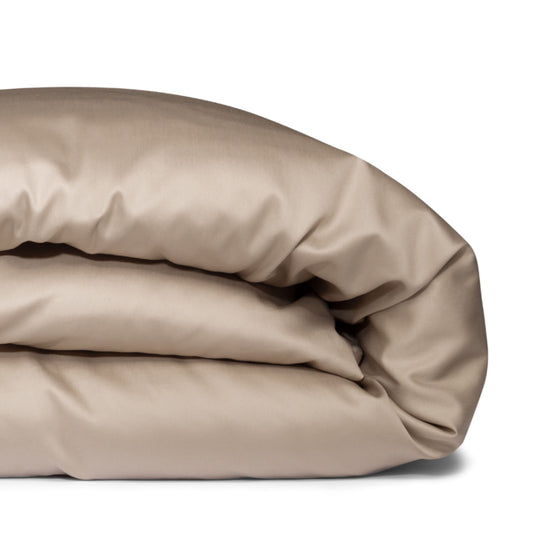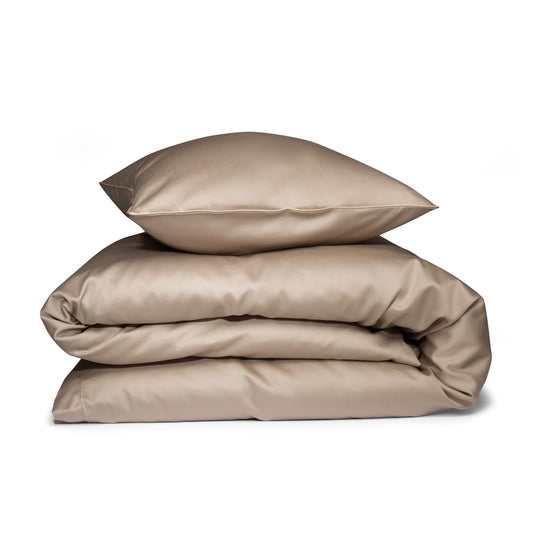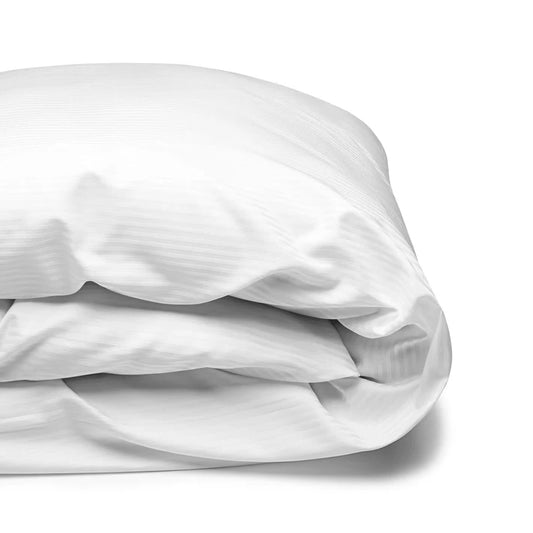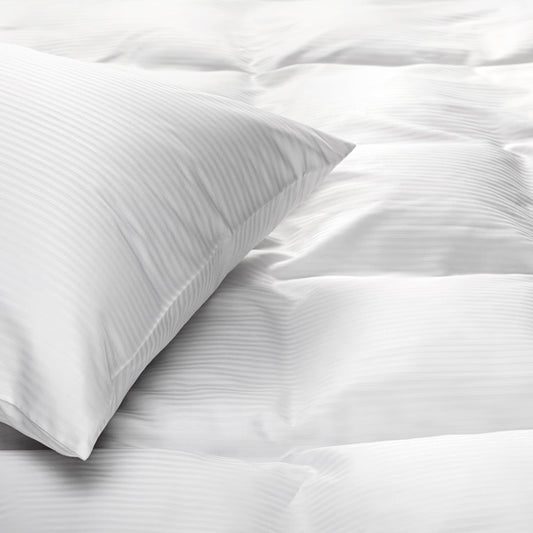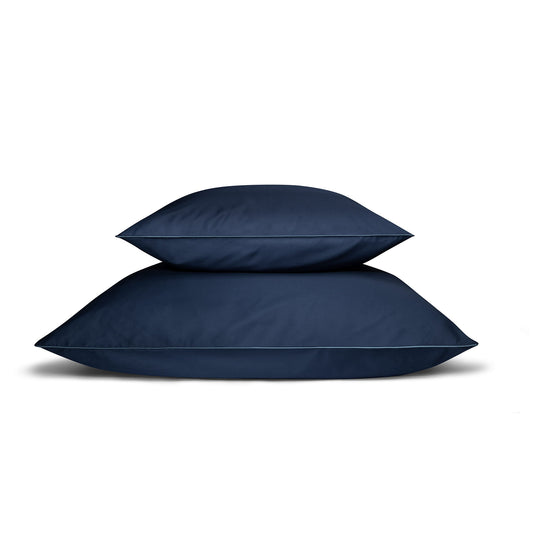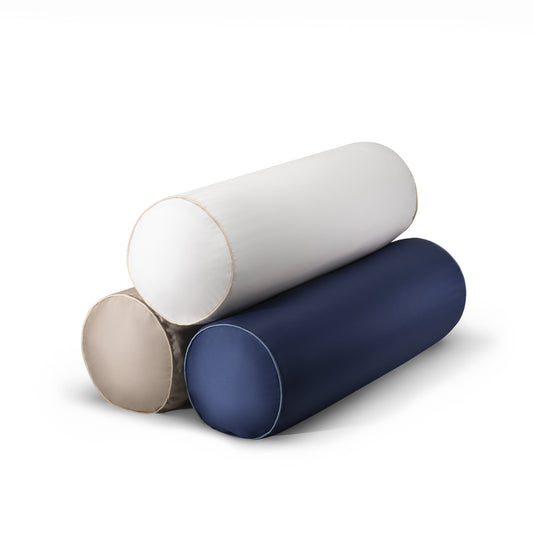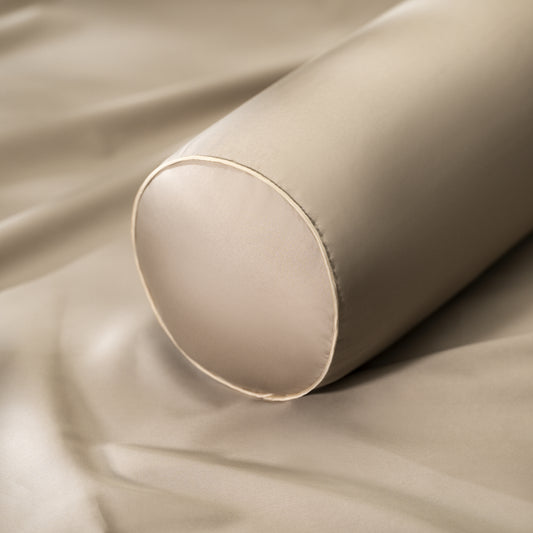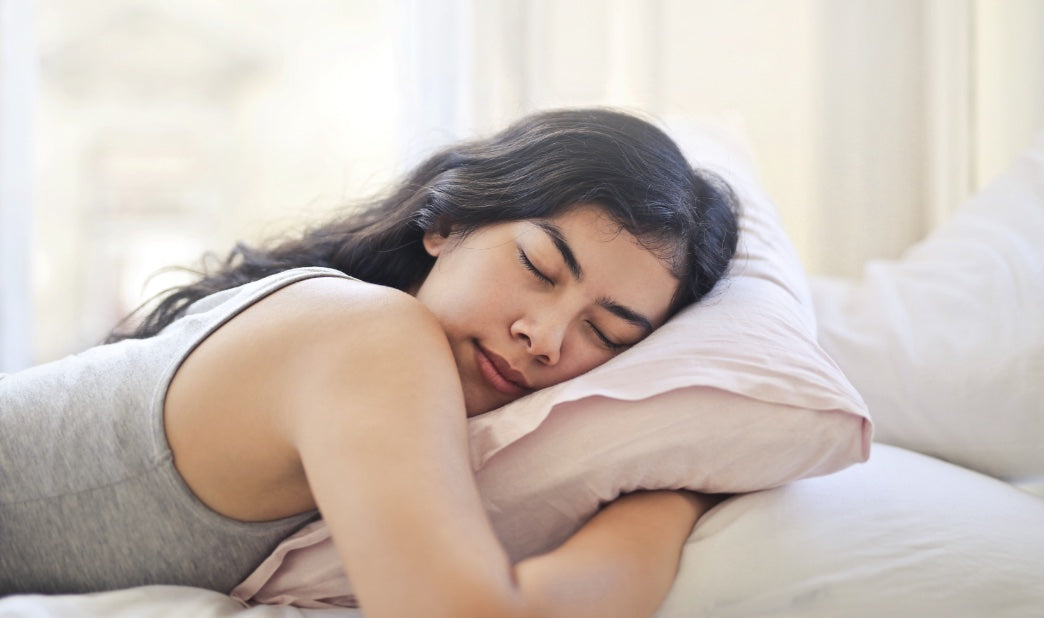
Five Tips For A Better and Healthier Sleeping Life
Share
Author Bio: Cristin Howard runs Smart Parent Advice, a site that provides parenting advice for moms and dads. Cristin writes at Study Clerk site about all of the different ups and downs of parenting, provides solutions to common challenges, and reviews products that parents need to purchase.
Sleep is a vital ingredient of a healthy life. Getting enough sleep is one of the most straightforward changes you can make to your life that will significantly impact both your mood and your health. However, modern lives aren’t very conducive to sleep, so it can actually be a challenge despite it seeming like an easy proposition. Here are 5 tips to try and implement to help you get more, better sleep.
#1 Embrace Bedtime Routines
Bedtime routines can, when you stick with them, become magical tools that make life so much easier. I heartily recommend that if you don’t already have one, you develop one. Not only for your kids but for yourself as well.
Sleep routines work because they are filled with cues that start telling our brains that it’s time to switch off and go to sleep. They don’t have to be anything intricate, but they should be soothing and easy to repeat. For kids, an excellent place to start is with a bath and teeth brushing. Once that’s done, you can get them into pajamas and read a book. Then a quick cuddle, turn the night light on, and say “night night.”
With babies, you might want to add a feed in there somewhere. Usually, towards the beginning is advised. This is so that they don’t rely on a feed to fall back to sleep in the night.
Once your kids are down, it’s time to start on your wind-down routine. I always start by getting ready for the next morning; that way, you don’t have to worry about it later. Then do something relaxing, ideally without a screen. If you find yourself worrying about your baby rather than relaxing, then you could get a baby breathing monitor or a cry monitor. That way, instead of worrying, you know you’ll hear if there’s a problem.
#2 Make Your Bedroom A Restful Place
The environment of your bedroom can impact how easy it is to fall asleep. If you can, try to make your bedroom a place that is only for sleeping. That way, when you head there in the evening, your brain will start to switch off for the night.
You can aid this process by keeping your bedroom at a comfortable temperature. Usually, around 68oF (20oC) is about right for most people. Then make sure your sheets, blankets, mattress, and pillows are comfortable. If you really struggle to settle at night time, you could try a weighted blanket, these can be really relaxing, and they can help you drop off.
#3 Be Selective About When You Eat And Drink
Caffeine is a stimulant, so it’s going to make it harder for you to fall asleep. Ideally, you want to stop consuming caffeine about 8 hours before you plan to go to bed. So make the switch to decaf at around lunchtime and keep an eye out for soft drinks that have hidden caffeine in them.
Alcohol is another one to avoid. While it does help you to fall asleep faster, it interrupts the vital second stage of sleep. So even if you fall asleep faster after a glass of red wine, you won’t be better rested for it.
You should aim to leave a gap of at least an hour between the last time you eat and drink and when you go to sleep. If your body is digesting food, it can make it less efficient at performing all the other jobs it does while you sleep. This can leave you feeling less rested when morning comes.
#4 Pay Attention To The Light In Your Life
You might be aware that too much blue light in an evening can disrupt your sleep patterns. It can knock your circadian rhythm out of schedule. So it’s usually a good idea to avoid exposing yourself to too much blue light for around 90 minutes before you plan to go to sleep.
However, avoiding blue light isn’t all there is to consider. The light that you’re exposed to during the day is essential as well. To allow your circadian rhythm to be as effective as possible, you need to spend some time in bright light during the daytime. Natural light is the best. It can be a challenge during the winter months, but you should find that it gets easier to sleep at night if you can go outside for a little while every day.
#5 Banish Your Smartphone
Smartphones are both amazingly useful and terrible distractions. When you don’t instantly drop to sleep in bed, it can be tempting to grab your phone and distract yourself. However, doing that is just going to make it take longer for you to fall asleep. If this sounds like something you do, just try leaving your phone somewhere other than right beside your bed. After a few days, you might suddenly realize that you’re getting a lot more sleep than usual.
Upgrade Your Sleep Experience!
